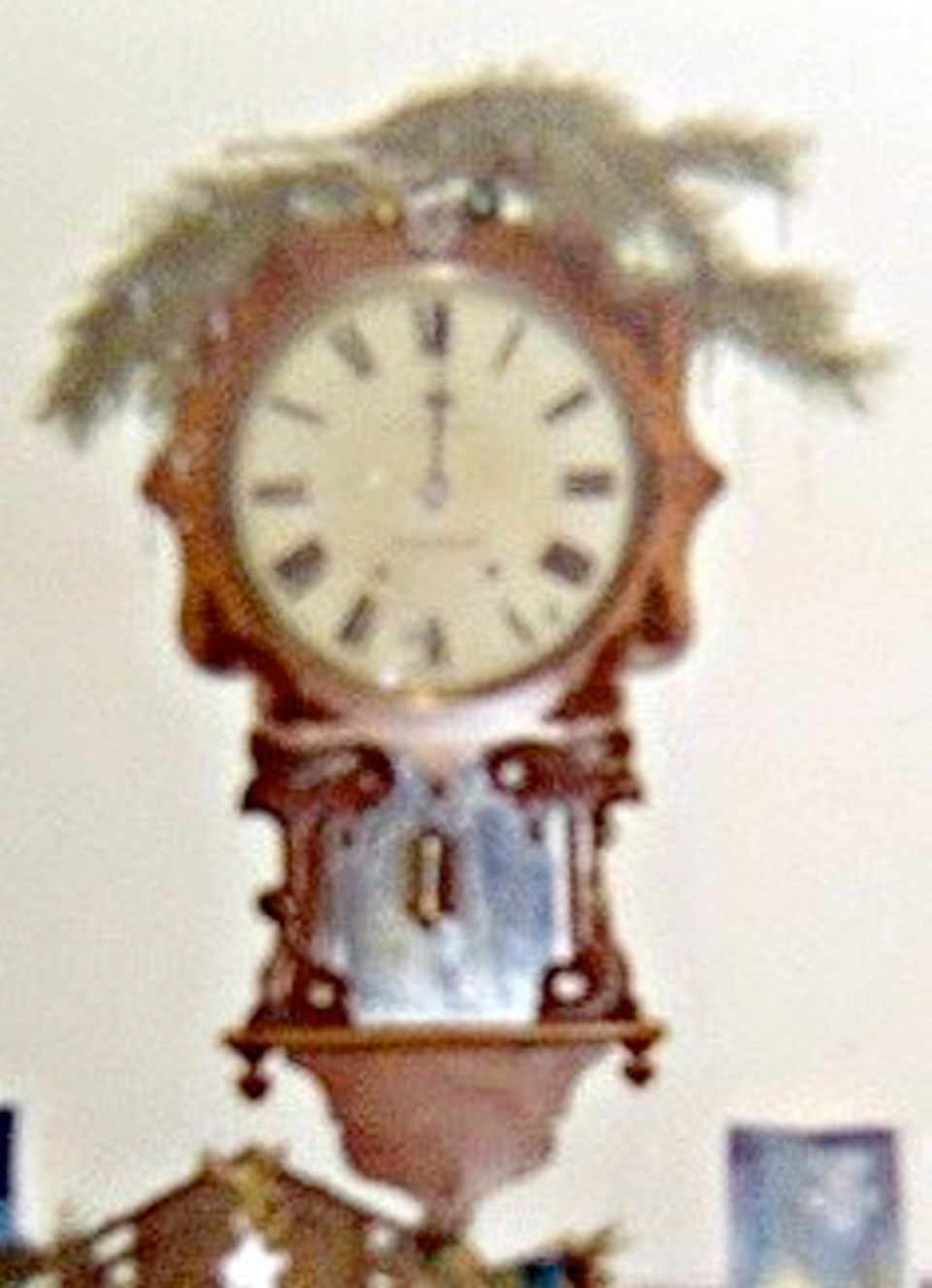As crimes go, it wasn’t exactly The Italian Job.
Someone swiped the keys Margaret Simpson had left dangling from the door to her Cook Street apartment, then came back later and stole the first thing he saw, an antique clock.
Don’t know how the burglar lurched off with the timepiece, since it would have been hard to carry — awkward as a first date, heavy as a guilty conscience.
“It’s not the sort of thing you pop into your pocket and walk out with,” Simpson says.
Certainly the thief could have made off with more valuable — and more easily fenced — loot, so perhaps she was lucky.
But as is so often the case in a burglary, the real loss can’t be measured in money. Rather, it’s the emotional toll of a stranger invading your personal space and rooting through your stuff. If someone breaks into your car, it’s annoying; when it’s your home, it feels more like a personal violation.
What makes it maddening is when break-ins are discounted as “just” property crime.
“I’ve had a talk with myself about not being overly dramatic about this,” says Simpson, who is in her 70s.
Still, it’s hard to shake off. “It’s an unpleasant sensation.”
The good news is the crime rate continues to fall. StatsCan numbers show property crime fell 33 per cent between 2002 and 2012. Break-ins dropped a staggering 43 per cent.
Part of that is due to demographics: much property crime is committed by 15- to 29-year-old males, and they simply don’t make up that big a chunk of the population anymore.
Part is due to a shift to targeted policing, the rise in outfits like the capital area’s Regional Crime Unit and Victoria police’s new Crime Reduction Unit, dedicated to grounding frequent flyers, the small group of prolific offenders responsible for a disproportionate amount of crime.
The bad news is it still sucks when it happens to you.
For Simpson, it happened Tuesday. She couldn’t find her keys, so took her spare when she left home around 11 a.m. It wasn’t until she returned just after 2 p.m. and found the clock missing that she realized she had left her keys in the lock of the third-floor apartment the previous night. Someone had taken them, then came back while she was out.
The clock dates to 1876, when it was handcrafted in England. That doesn’t make it particularly valuable, though.
“It’s not beautifully made,” Simpson says.
Still, she has grown fond of the piece, which she bought in 1970. “It’s quite eccentric. We have got to know each other quite well.”
It bothers her that whoever broke in was already in the building, and that he might have been tracking her movements. “That’s the creepiest thing about it.”
This is not what she expected in 2010 when moving back to Vancouver Island, where she grew up, from Toronto, where she spent 40 years.
“When I lived in Toronto, everybody on the street got burgled but me.”
There are things you can do to dissuade B&E artists. An inmate at Wilkie, a guy who by his own estimate had committed 500 to 1,000 burglaries, once told me the best defence is keep your house visible to neighbours; burglars like to hide behind trees and hedges, anything that lets them slip in and out unnoticed. And don’t think you’re fooling anyone with a sticker that says you have an alarm system when you don’t. But sticking a note on the door — “Back in five minutes” — might do the trick. Locking doors and windows should be a no-brainer, but many people leave them open during warm weather.
If you do get robbed, report it, says VicPD’s Const. Mike Russell. Such data helps investigators see patterns that lead to arrests.
And if someone tries to sell you an old clock this week, call the cops.



